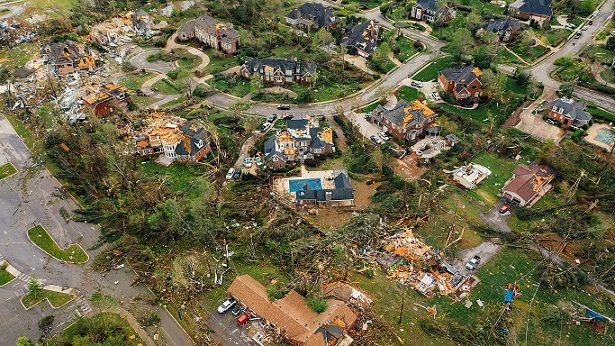
Navigating Insurance Claims After Hurricane Helene
Earlier this month, we witnessed the destructive power of Hurricane Helene, which made landfall as a category 4 storm, and has become the deadliest mainland hurricane since Katrina in 2005. In the aftermath of Helene, residents must face the daunting task of rebuilding their homes, businesses, and lives. The physical impact of storms like Helene often spans a broad geography, and the financial ramifications are immense. The pace of recovery usually depends on insurance payouts, and the road to securing those funds is typically fraught with delays. From managing the claims process to grappling with the limitations of coverage, especially when it comes to flood insurance, many are left frustrated and financially vulnerable in times of crisis. Understanding these challenges is essential for policyholders to navigate the system effectively.
The insurance claims process is designed to compensate policyholders for damage, but it can be slow and complicated. The first step for many is to file a claim with their insurance company. Insurance adjusters are then sent to assess the property to calculate repair costs and determine the payout, which typically requires them to inspect the property physically. According to industry reports, adjusters are overwhelmed by the surge in claims related to Hurricane Helene, which is estimated to have caused approximately $50 billion in damage, of which only 20-30% are insured damages, according to CoreLogic. Even once adjusters arrive on the scene and process the claim, construction workers and materials are often difficult to find in the aftermath of a hurricane, which further delays repairs.
For many homeowners, one notable challenge is the lack of adequate flood insurance. Flooding is a common consequence of hurricanes, but standard homeowner’s policies typically do not cover flood damage. Those who lack separate flood insurance often find themselves relying on disaster relief from FEMA or private loans to rebuild.
Another issue that has arisen in the wake of recent hurricanes, including Helene, is discrepancies in damage assessments. Some policyholders feel that their claims are undervalued, and recent whistleblower accounts, like those uncovered by 60 Minutes in the aftermath of Hurricane Ian, suggest that certain claims were deliberately reduced to limit payouts. With Helene, residents are reporting similar concerns, particularly in areas hit hardest by wind and water damage. It can be difficult to determine the specific cause of damage, and pressure on adjusters to minimize insurance losses, combined with the complexity of distinguishing between wind and flood damage, often leaves policyholders battling for a fair settlement.
Securing insurance funds after a hurricane like Helene is a complex process, often marked by delays and challenges. Severe hurricanes are a part of living in the Southeast, and policyholders can expect rising premiums as insurance companies seek to continue providing insurance while maintaining profitability and limiting risk. While reading insurance policies carefully can be tedious, recent events remind us of the importance of understanding them thoroughly and ensuring that you are properly covered in the event of another catastrophic storm like Helene.
Corey Erdoes
